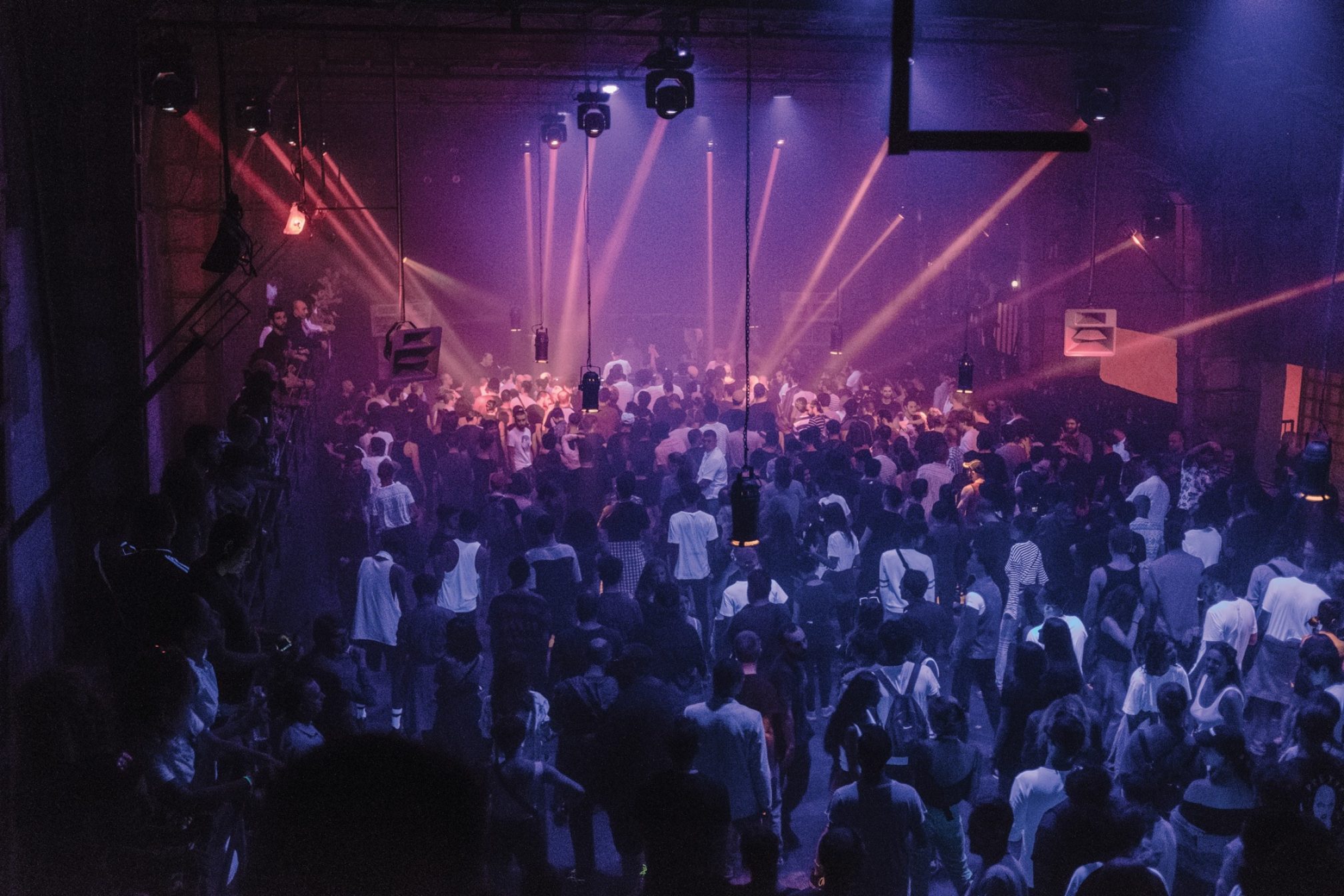 Scene reports
Scene reports
We went to Georgia to investigate the threat to the country's club scene
Danish DJ Courtesy joined us in Tbilisi
This piece was originally intended to be a feature about fast-rising Danish DJ Najaaraq Vestbirk, aka Courtesy, who was booked to play in the Georgian capital Tbilisi. But a few days before her visit, hundreds of heavily armed special forces (‘Spetsnaz’) stormed Bassiani and Cafe Gallery, two of the city’s best clubs, leading to protests outside the country’s parliament and world-wide media attention. Vestbirk (a former journalist) and Mixmag writer Kit Macdonald scrapped the original plan and decided to use the trip to look into what’s going on in Georgia right now. This is what they found.
The pretext for the raids on Bassiani and Cafe Gallery by Georgia’s special forces on May 12 was that they were a strike against drug dealers in the wake of five drug-related deaths in the city. That pretext was swiftly debunked: eight drug dealers were arrested that evening, but the arrests had been made in the streets three hours prior to the raids. It later emerged that the total value of drugs seized in the eight arrests was 2,000 GEL – around €700 – and none of the five deaths were connected to any club. The action was quickly interpreted by many involved in the city’s club scene as a show of intimidation against the values of freedom, liberalism and tolerance that clubs have come to embody in a country in which ultra-conservative forces loom large.
Georgia’s extraordinarily harsh drug laws mean that anyone caught with even trace amounts of drugs can face years in prison or fines running into tens of thousands of Euros. Currently, around 3,000 people are incarcerated long-term on these grounds, and anyone with a drugs conviction faces a bleak future on their release. They are barred from working in any government job in a country in which the government is by far the largest employer, and they must pay a large fee to leave the country. Many are forced to sell their homes to pay huge fines. Lives are systematically destroyed, and the poor suffer the most. Most of the people we talked to believe these laws are about far more than zealous control of narcotics. They are a tool used to discredit and instil fear in those who seek to change the political and social status quo, and a method of extracting huge amounts of money from ordinary citizens on the flimsiest of grounds.
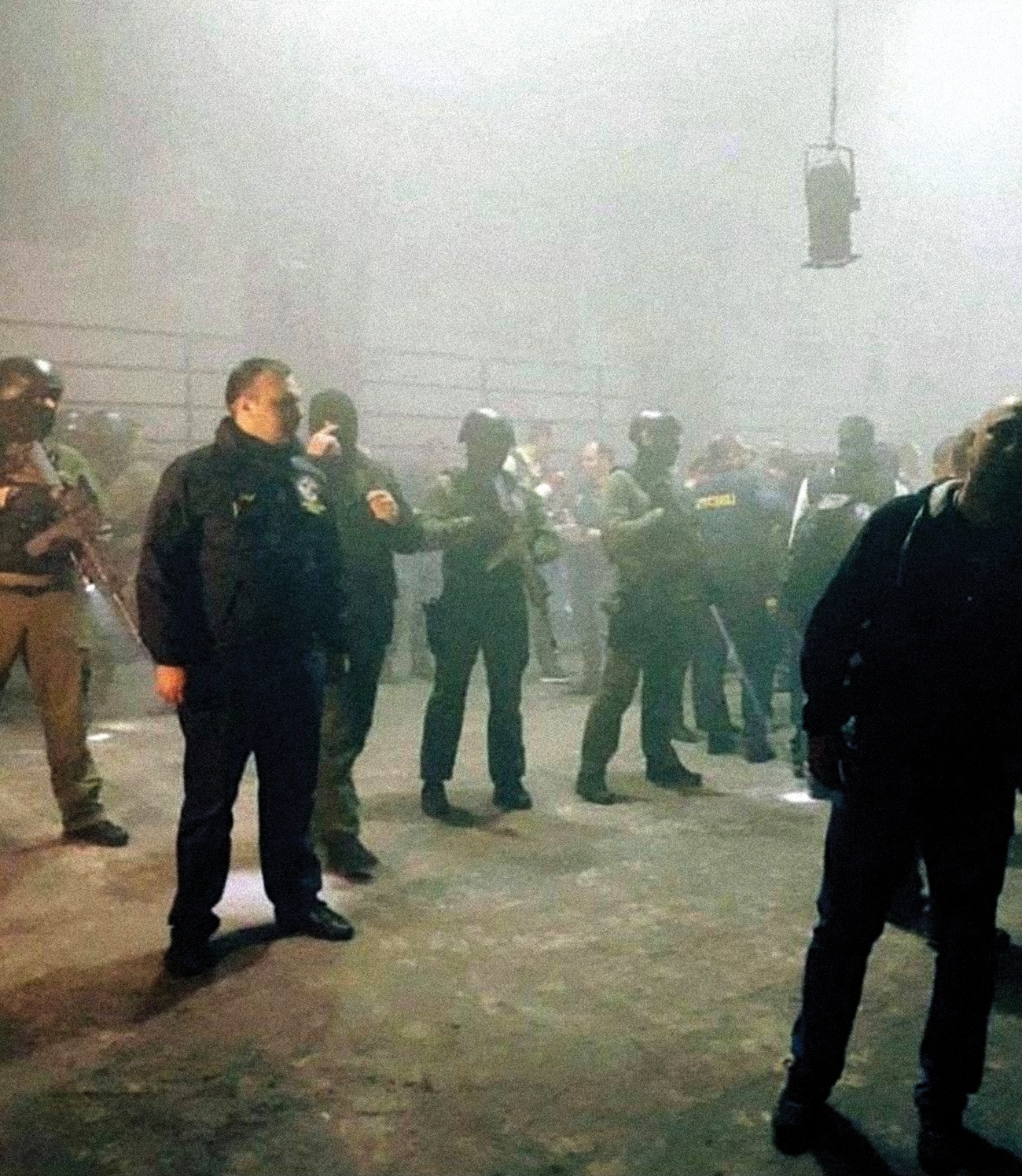
The case of Beka Tsikarishvili, who was caught with 70g of marijuana at his apartment in 2013, led to the founding of a group called the White Noise Movement, which has been fighting for liberalisation of the country’s drug laws ever since. The group, which has strong links with the clubs that were raided, has achieved significant legal successes and remains on the front line of the fight for reform. Those successes have inevitably put White Noise itself in the establishment’s crosshairs, however, and attempts were being made to destroy the reputations of prominent activists long before the events that caught the world’s attention in May.
Someone who knows that all too well is Keta Gabunia, a White Noise Movement board member and co-owner (with her partner, Nodar Beridze) of the club Mtkvarze. As we sit in the club’s sun-dappled main room on a sweltering Friday afternoon, Gabunia describes her own experience of being targeted.
“Last year I took a trip to Berlin with a group of friends who work here at Mtkvarze,” she begins. “When we came back to Tbilisi 20 policemen were waiting to arrest us at the airport. They told us they were searching for drugs. They checked our luggage and found nothing. Then they checked our bodies and found nothing. Then they took us to a hospital to have MRI scans to try to find drugs hidden in our bodies, and found nothing. We were in the hospital for 10 hours. Eventually a doctor told me that they were about to take me to the police department to do a urine test, and said that I should try to escape from the hospital. I messaged a friend in White Noise Movement to tell him I was in trouble and he called the media and some lawyers, who quickly appeared outside.
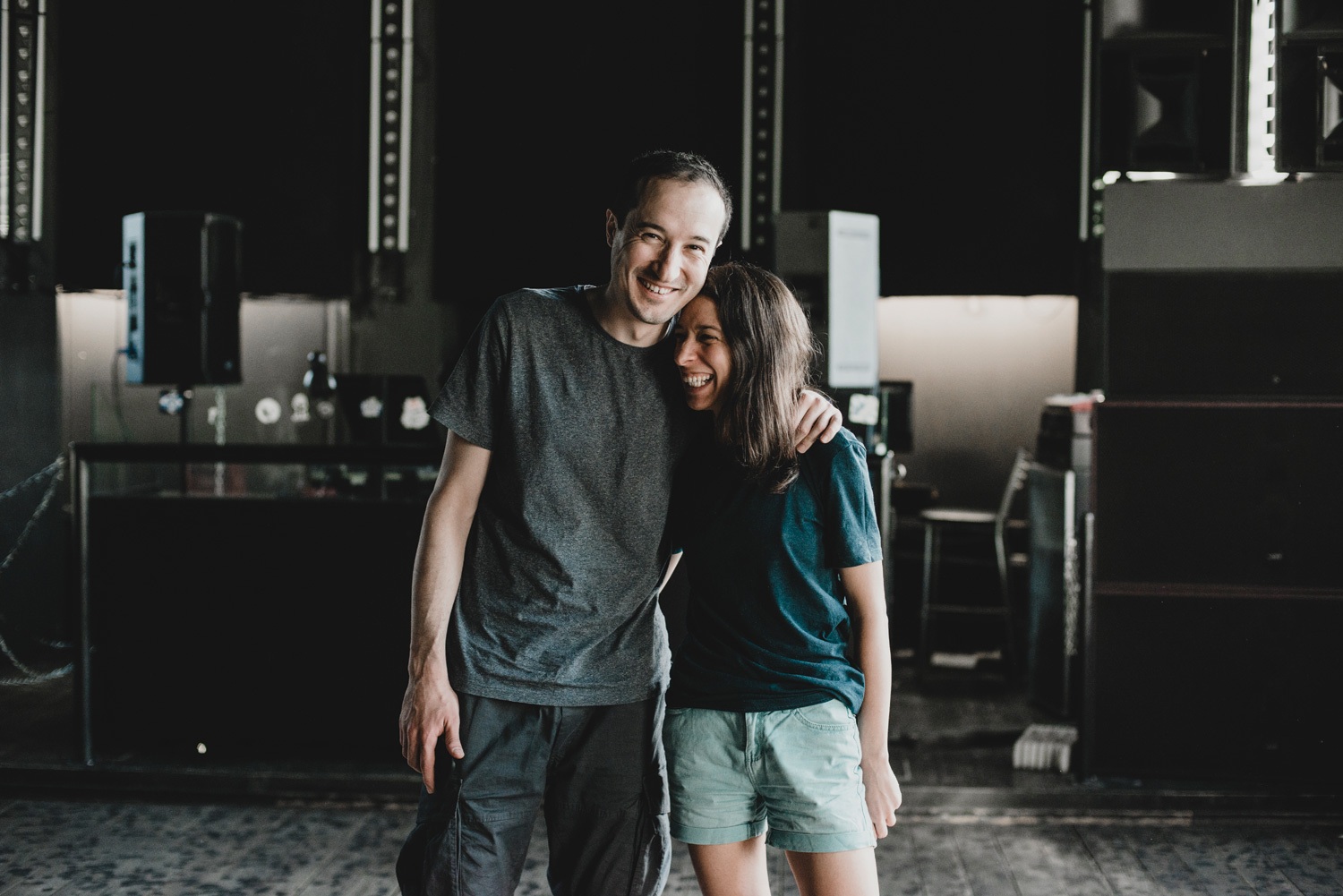
“I ran out of the hospital to where the news reporters were standing and made a statement, and then the police had to leave us alone,” she continues, as we listen open-mouthed. “They never had a warrant to do the MRI scans or to check our luggage. And before our plane had even landed they had put out a news release saying that 10 drunk Georgian girls had been caught on the border bringing drugs into Tbilisi from Berlin.”
Necessity has forced the White Noise Movement to become highly skilled at warding off attacks such as this. In an interview last year, another White Noise leader, David Subeliani, said: “When... people are grabbed by the police and call us, we immediately go there, attract media attention, create a hype. We joke that sometimes we need only ten minutes to get [someone] out of the police station.”
Two weeks after Gabunia’s arrest, 2,000 people gathered in temperatures of -15 degrees to protest in support of her, and the battle between progressive and ultra-conservative forces in Georgia continued.
Others have similar stories. As Courtesy begins a set at the club, we meet Mtkvarze resident and booker Ash Scholem (real name Giorgi Birkaia) on the terrace looking on to the river just outside the main room.
"Nobody dared to express homosexuality in public before these clubs"
“I was walking from the club to the Metro station one day,” he tells us. “I had my records with me and it was raining, so I had my hood up. Two policemen approached and asked to see my ID. Then they asked what kind of music I had in my bag. I said ‘electronic music’, and one of them said, ‘Oh, so you must love drugs then?’ I don’t even drink or smoke, let alone take drugs. It was incredibly offensive.”
Everyone on the scene had been expecting something bad to happen. For the previous four or five months, as Tato Geita, one of Bassiani’s five co-founders notes, there had been “a huge campaign of right-wing propaganda against Bassiani, mostly from pro-Russian media.” Gabunia agrees: “They were saying the clubs were like Sodom and Gomorrah, that if you go there people will make you take drugs and that kind of thing,” she laughs ruefully. Gabunia explains that clubs such as Cafe Gallery and Mtkvarze were the first public places in Georgia where LGBTQ people could feel comfortable and be themselves. What did they do before? “Nothing,” she says. “There would be small private gatherings but nobody dared to express homosexuality in public before these clubs.”
It was widely assumed that the enormous financial benefits Georgia’s tourist industry has reaped from the international buzz around Tbilisi’s clubbing scene would afford it a certain level of protection, so what happened in May shocked everyone.

“Never in our wildest dreams did we think they would do this,” says Alexander Gabrichidze, manager of the KHIDI club just across the river from Mtkvarze, as he describes his experience on May 12. “We stopped the music immediately and asked everyone to come with us to Bassiani to support them. It was immediately clear to me when I arrived at Bassiani that the police were looking for and arresting leaders of White Noise.”
Shocking footage broadcast live on Georgian TV of a distressed and injured Zviad Gelbakhiani – another of Bassiani’s co-founders and a member of White Noise – being dragged into a police car by a group of burly Spetsnaz officers was seen around the world the following morning. “I was standing beside Zviad when that happened,” Gabrichidze tells us. “They suddenly kicked him from the back and he screamed – then they kicked him again and grabbed him and took him away.”
Gabrichidze tells us that hundreds of others remained on the scene for several hours until the police decided to try to disperse the crowd. “They started beating people – some were bleeding from their faces. Then another leader of White Noise appeared and said everyone should move to the parliament building to protest.” Beridze and Gabunia shut down Mtkvarze and asked their crowd to go to Bassiani, before heading to the parliament protest. “We knew Cafe Gallery had been raided too, and it’s on the way from here to the parliament, so we picked people up from there on the way and by 6am about 2,000 of us arrived at the parliament building to protest.”
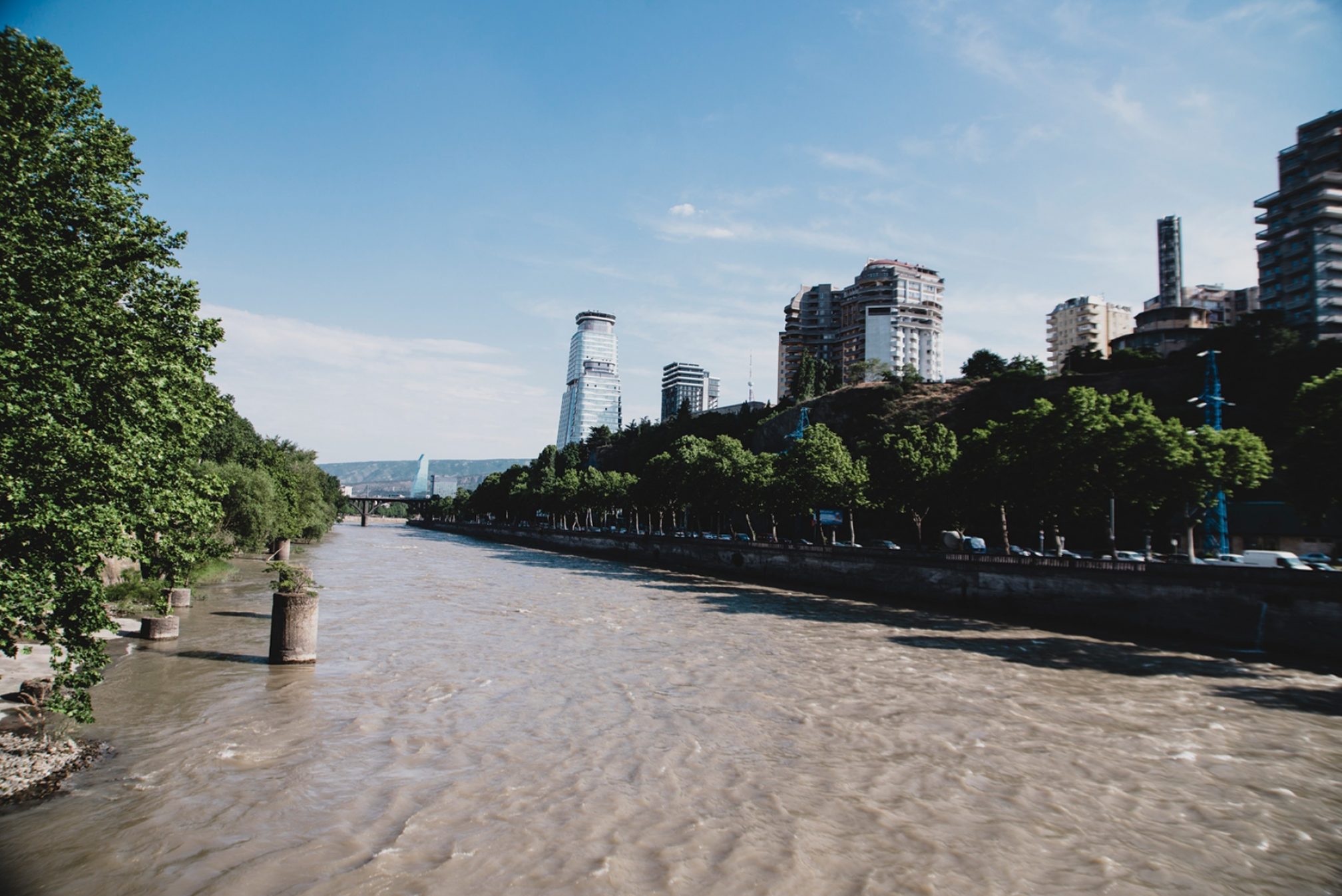
A little later instructions came to reconvene at 3pm on Saturday. The subsequent 15,000-strong ‘protest rave’ on Tbilisi’s main boulevard galvanised support and media attention, and by Sunday morning the term ‘rave-olution’ had entered the lexicon in articles and TV news reports around the world. On the ground, Gabunia observed a change in the police’s attitude to the protesters in real time. “When the police saw so many of us on the Saturday afternoon they changed their behaviour towards us. They saw we weren’t just a hundred angry junkies, but normal people from society who wanted to be free.”
Another protest was organised for Sunday, and this time religious far-right groups gathered to confront people they characterised as “drug dealers and LGBT propagandists” – but they were so vastly outnumbered that they did nothing but “shout terrible things at us while praying at the same time”. Neither Mtkvarze’s owners nor Bassiani’s Geita are in any doubt about who was backing them. “It’s beyond any doubt that they are supported by the Russian government,” Gabunia says.
On the evening of Sunday May 13, the minister of internal affairs, Giorgi Gakharia, apologised to the protesters outside parliament, and also promised to “achieve specific results in the direction of drug policy”. The statement ended the protests for the moment, but activists are keeping tabs on the situation and few foresee anything but a long struggle to enact the profound changes they long for.
“The drug laws are the easiest way for these people to control society,” Gabunia explains. “They don’t want this new generation who have new ideas and want to make changes. They just want territory that they can control and make money from. So they target the people who challenge them and say, ‘this person is a criminal’. If you look at the statistics, robbers, killers and rapists are free and drug users are in prison.”
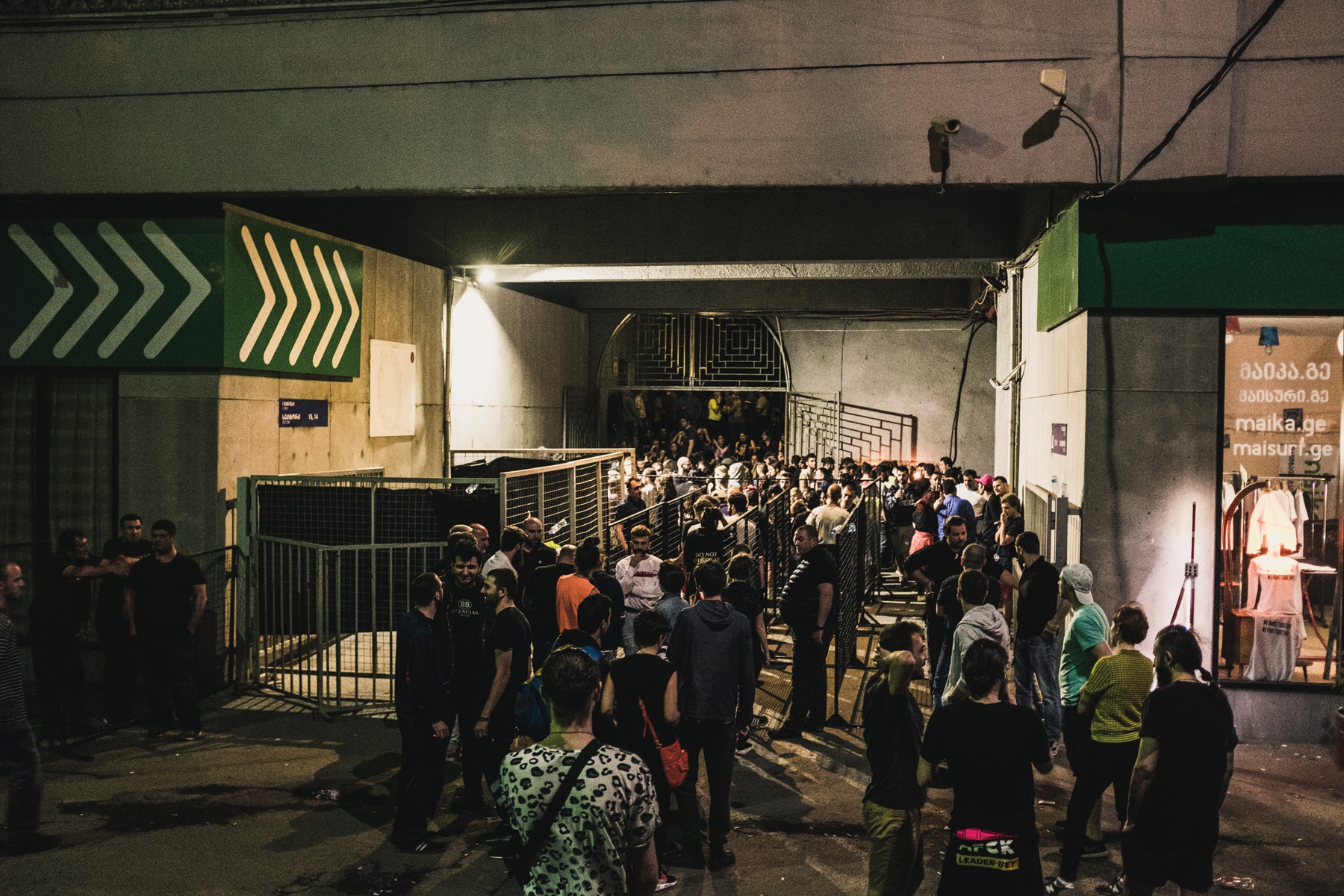
Many, including Gabunia and Geita, suspect police involvement in drug dealing (“they control the borders; it makes no sense that there can be such a big black market with nobody controlling it”, says Gabunia) – and even official involvement in the five drug deaths that gave them the pretext for the club raids. “Two months ago five people died in their sleep after parties. A narcologist discovered that they bought what they thought was MDMA but received (the deadly opioid) fentanyl,” says Gabunia.
“Nobody can understand why anyone would put this thing in MDMA which kills,” says Beridze. “I’m sure it was nothing accidental. It was planned.”
Geita, meanwhile, outlines the financial reasons for the Ministry of Internal Affairs – which was contacted for comment on this article but did not respond – to keep things the way they are. “The Ministry of Internal Affairs is a huge machine; it’s the most powerful part of the government and it employs 80,000 people,” he explains. “Probably about half of them are directly employed in this business of catching peaceful people and destroying their lives. If the law changed, these people would have nothing to do – they’d have to get rid of 40,000 people from the Ministry. And then there’s the court process: people make plea deals to reduce their prison time, anyone who has any way of getting the money to avoid years and years in prison is likely to do it, so they make huge amounts from that too. A simple example was someone we know who was caught with two grams of MDMA – he had to pay €25,000 for a plea deal that involved him staying in prison for one year and being on probation for five years.” This in a nation with an average monthly salary, in 2017, of under €400.
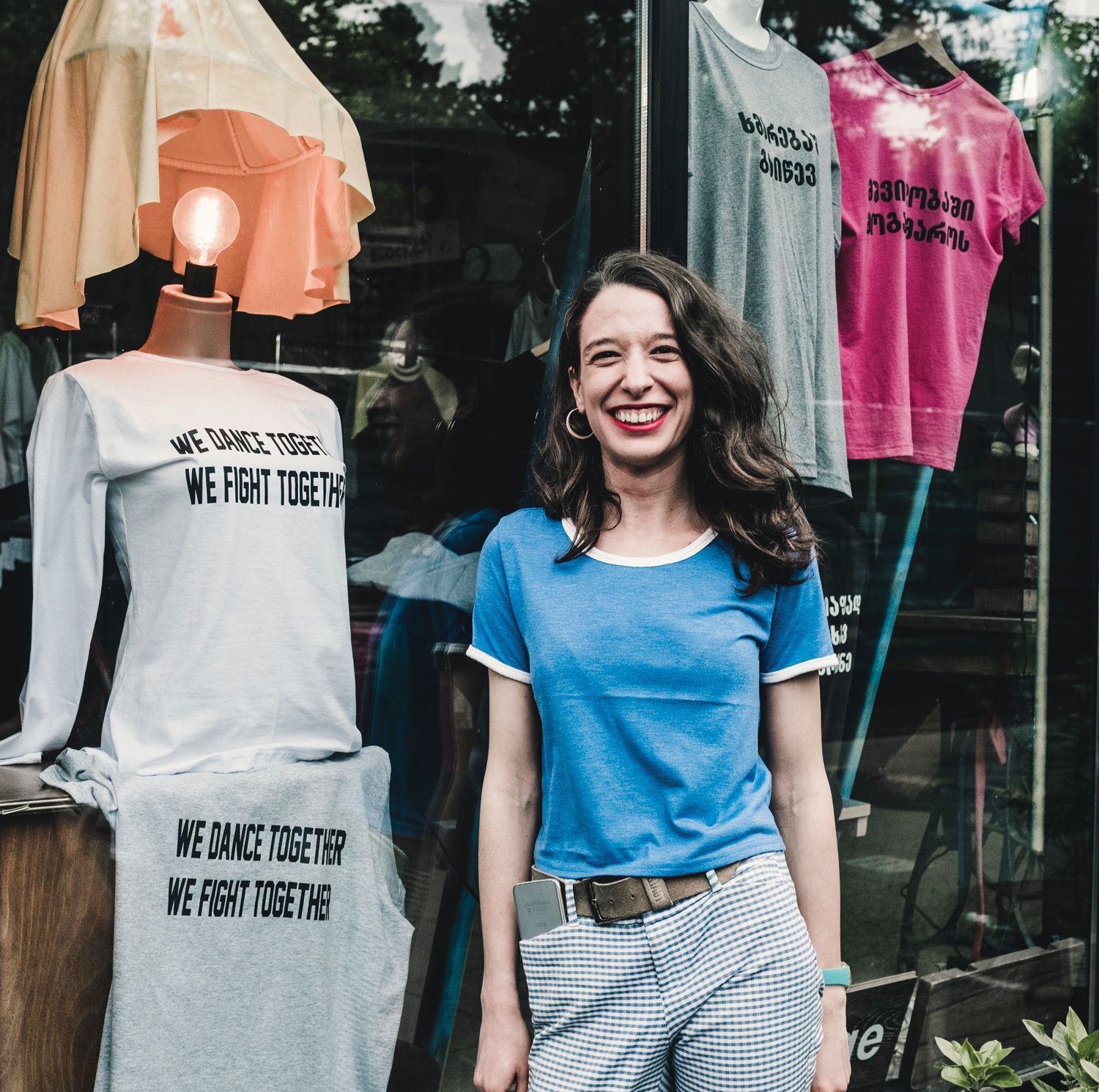
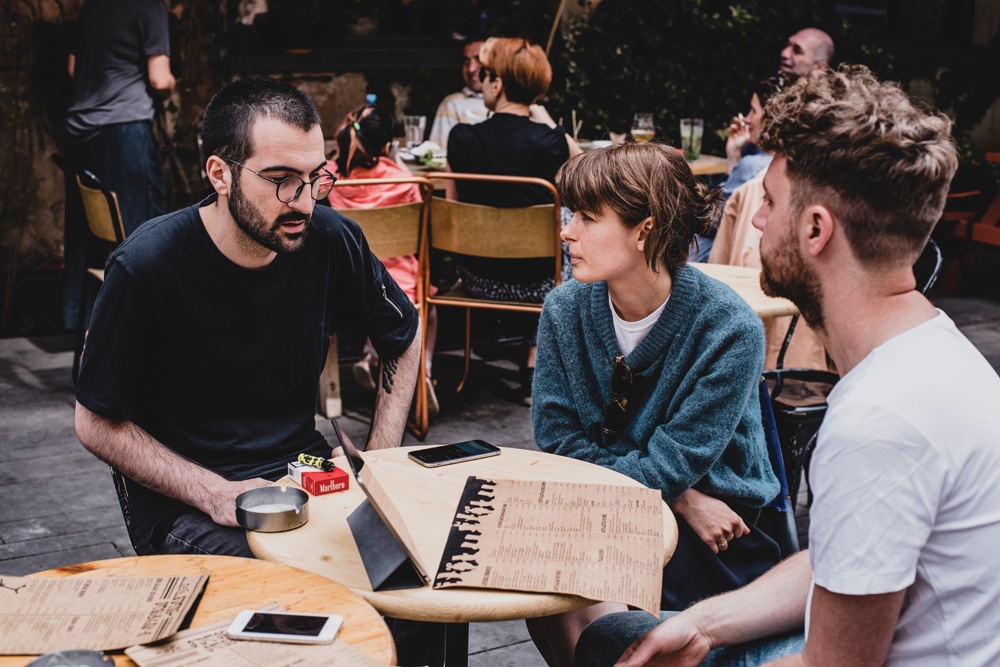
Bassiani’s owners were locked out of their club for a further two weeks before the government finally gave them the keys back at the end of what the owners believe to have been a fictional ‘investigation’. The return averted another mass protest that had been planned on Sunday May 30. That night Bassiani, Cafe Gallery, Mtkvarze, KHIDI and the record store Vodkast teamed up to put on a huge free party-cum-protest at Bassiani instead, with three rooms of music and a Boiler Room live stream.
“The fact that we’ve all worked together on this is a really big thing, and another way the raids have backfired on the government,” Gabrichidze tells us as we grab some food near Bassiani, just before the protest party. “This is the first time we’ve all united and stood together. I think the event tonight is a good way to thank people for supporting us, and also a good way of showing people that we are going to stand together in the future. I do think, though, that if any of the four clubs closes then we are in great danger. That would mean we have lost, so we need to protect each other.”
At Bassiani the party was in full swing by early evening and went on past midnight. We arrived to find hundreds hanging out outside, smoking and laughing in the warm dusk air. Thousands more were already dancing in the club’s warren of rooms in the bowels of Georgia’s national football stadium. We stood with Tato Getia on the metal platform overlooking Bassiani’s cavernous main room and watched as Mtkvarze’s Beridze played to a packed crowd and a worldwide live-stream audience. The atmosphere was happy, energised, and unmistakably cathartic. If people had felt wary, or fearful, about returning to Tbilisi’s clubs since they had reopened in the preceding days, it felt like this huge show of unity was restoring the confidence of the whole scene.
“What happened on May 12 was one of the blackest stains on Georgia since independence,” Geita says. “But the clock is ticking for the people who did it, and the only question now is how many more dirty tricks they will try and how many more years they will be able to hold this country back until they are finally defeated. Because in the end, there’s only going to be one winner in this battle.”



